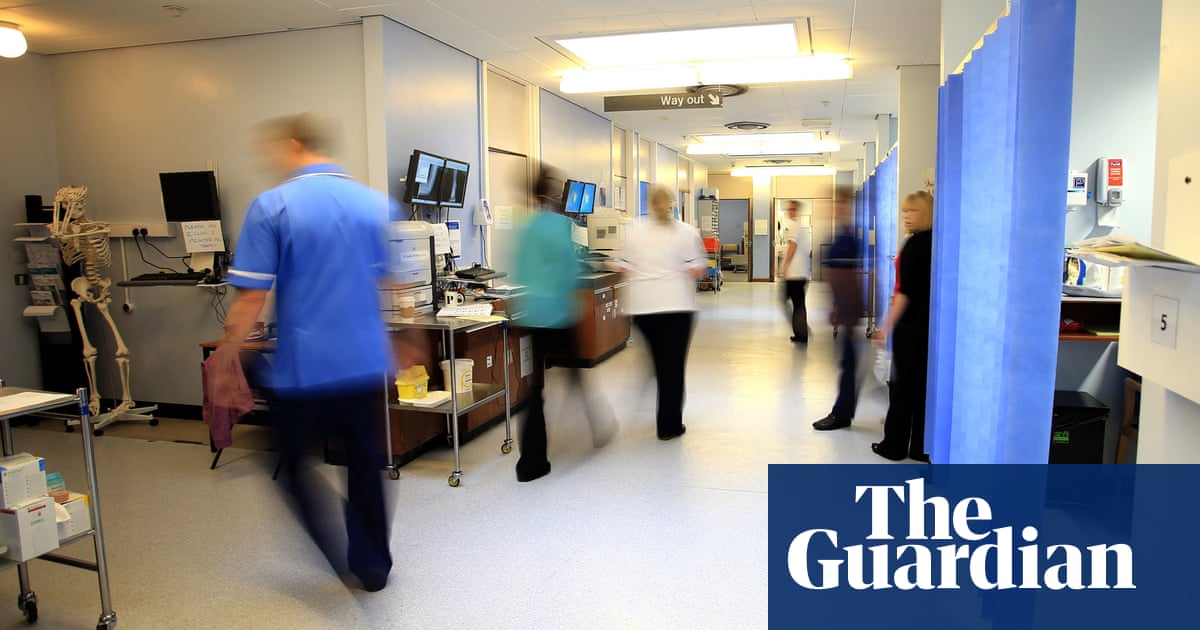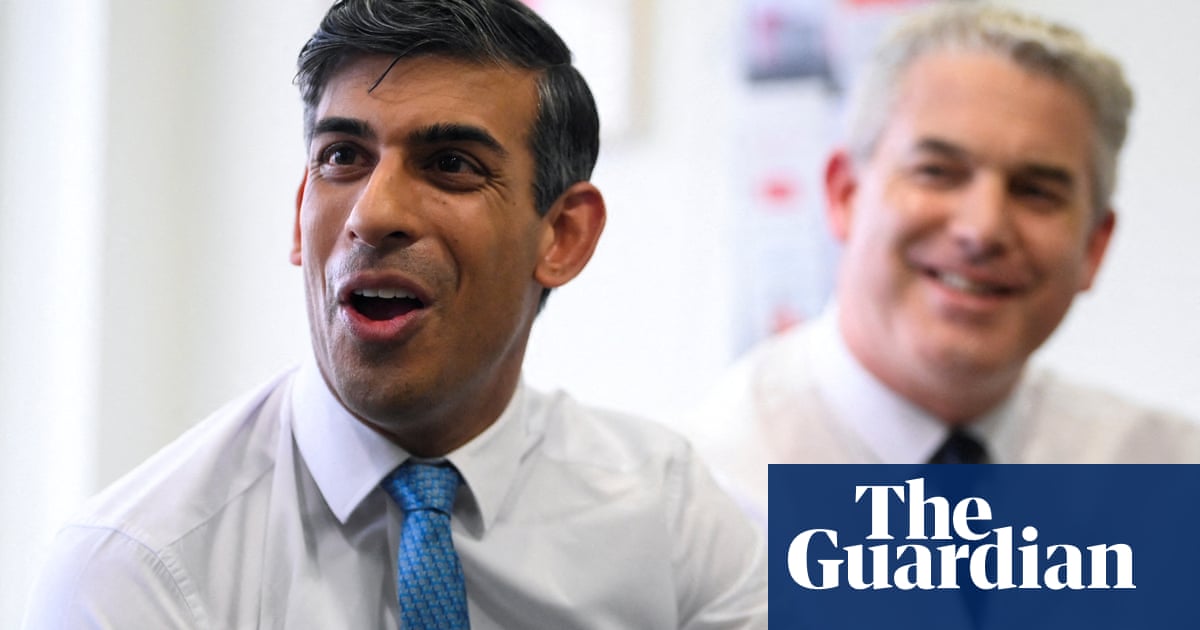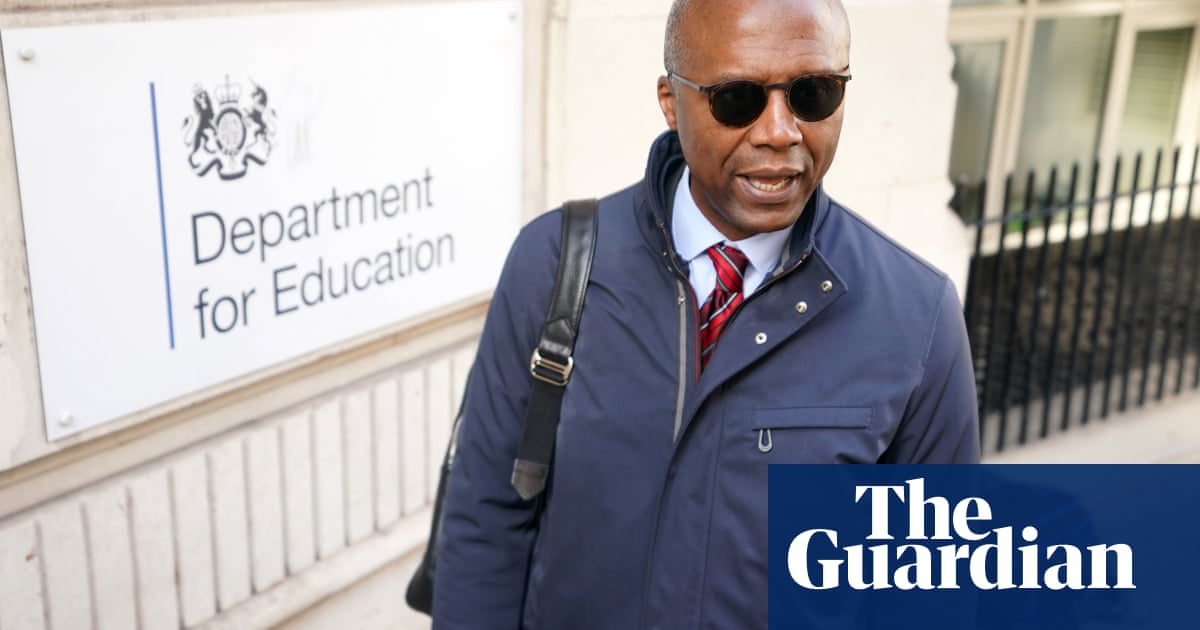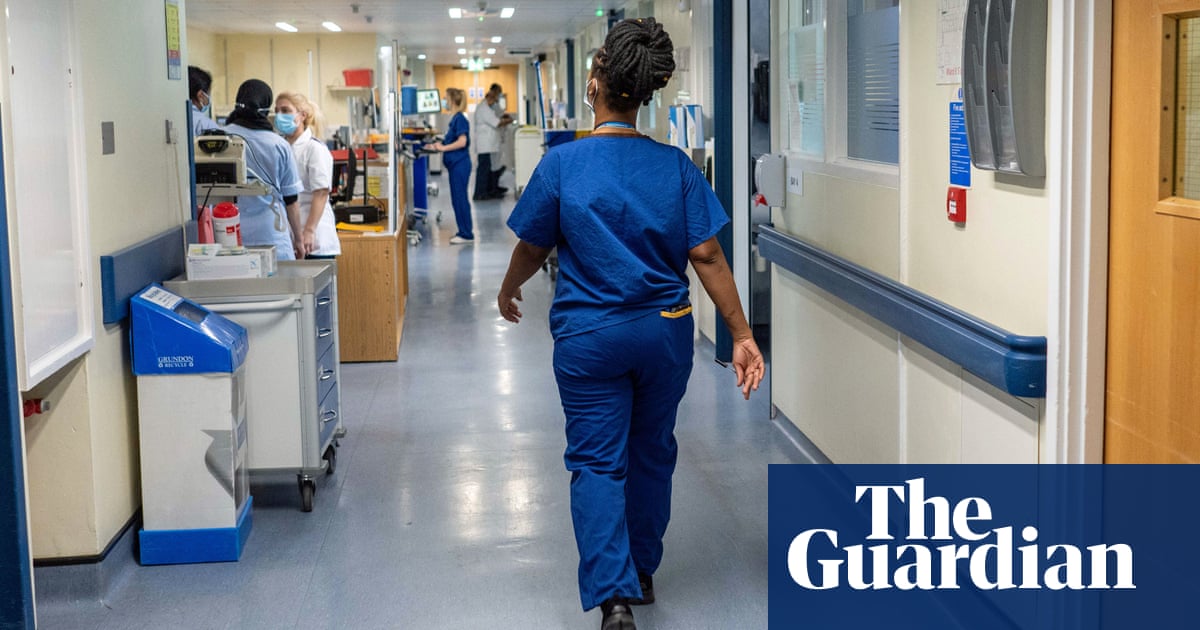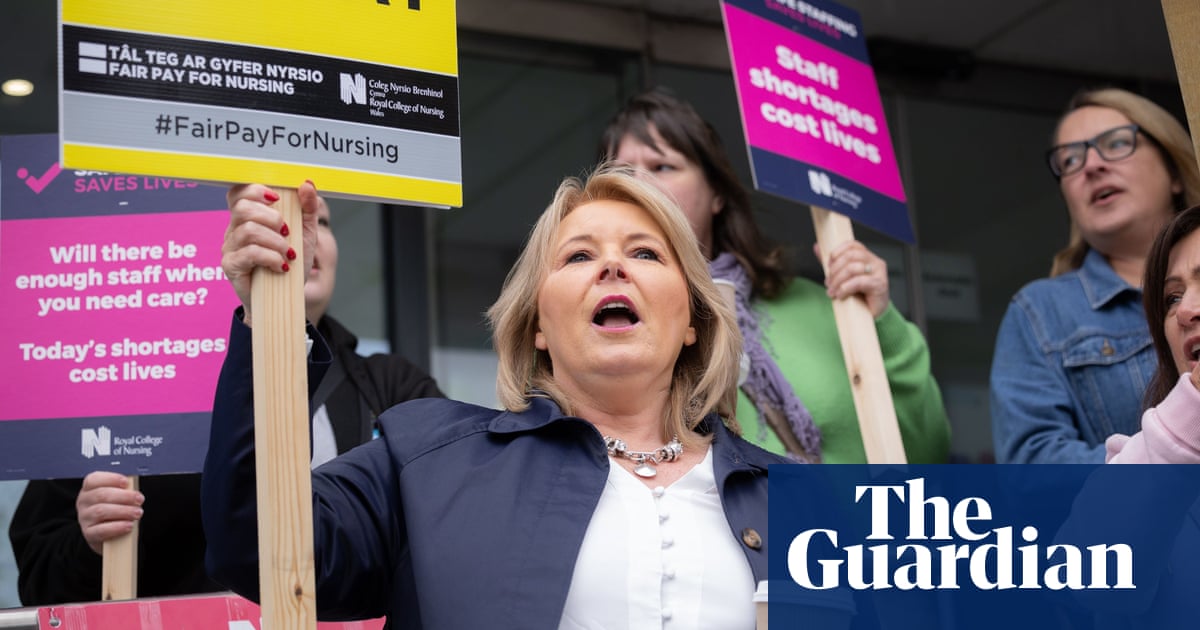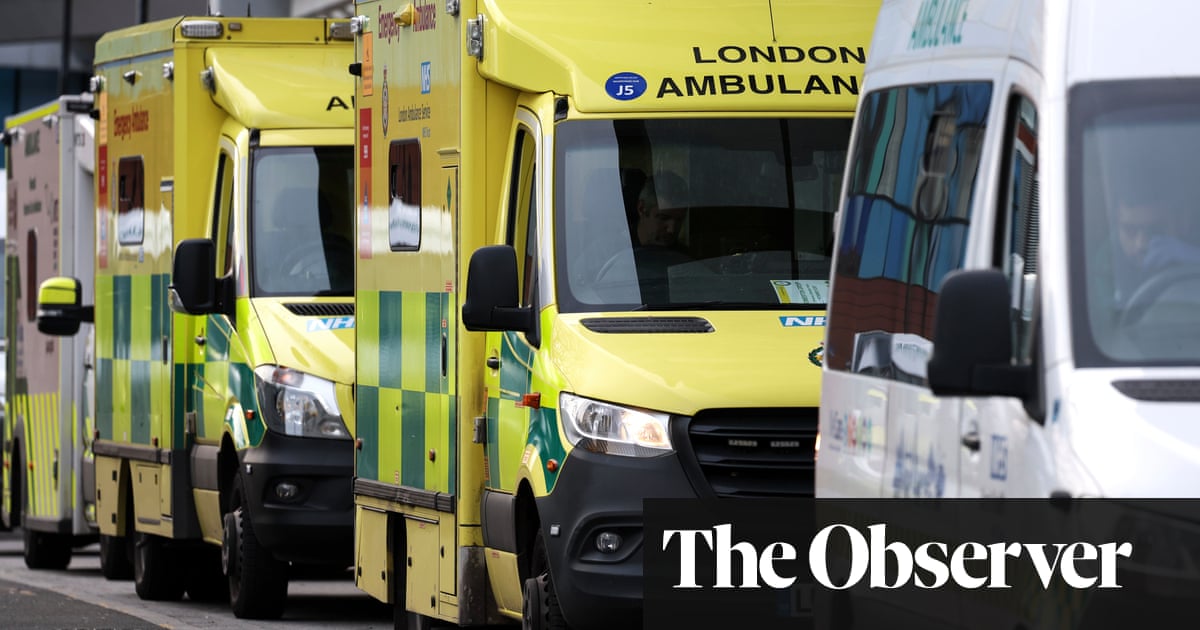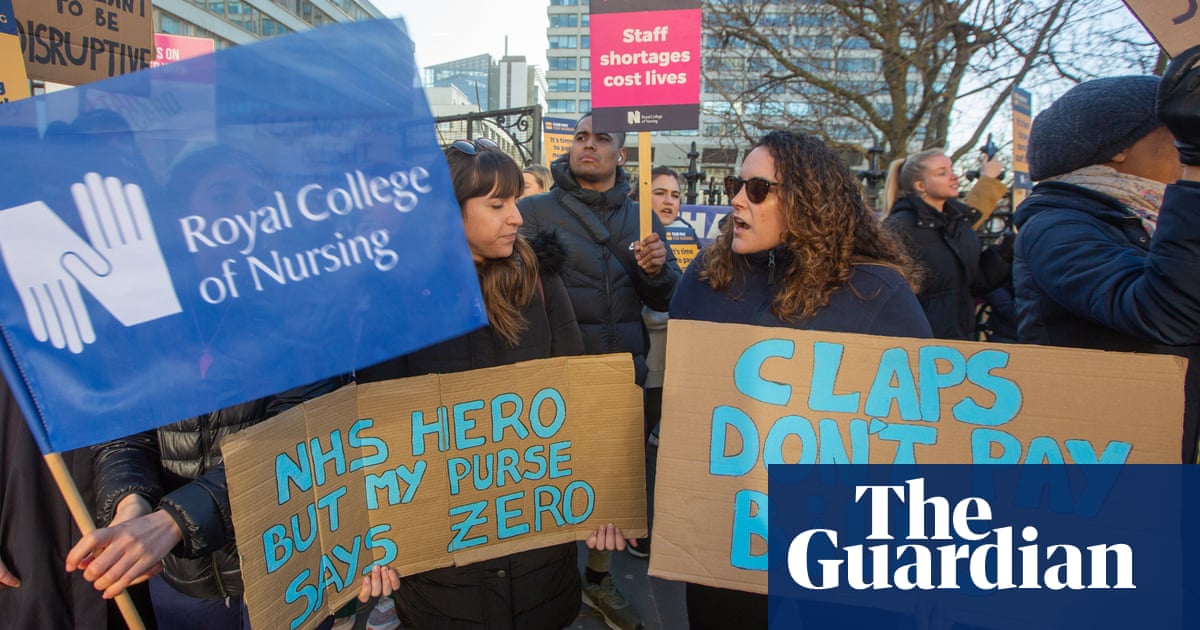
A 48-hour nurses’ strike in England in May will present “severe challenges”, and the threat of coordinated industrial action with junior doctors could pose the “most difficult challenge” to date, an NHS boss has said.
Speaking after a four-day junior doctors’ strike ended at 7am on Saturday, Sir Julian Hartley, the chief executive of NHS Providers, said fresh strike action announced by the Royal College of Nursing from 30 April until 2 May, and the possibility of stoppages continuing into next winter, was “extremely worrying and concerning”.
Patricia Marquis, the RCN’s England director, said on Friday that the union would have to consider coordinated strike action with junior doctors.
Although Hartley said it was “good news” that members of Unison had voted to accept an NHS pay offer, he told BBC Radio 4’s Today programme: “The prospect of another nurses’ strike at that point will obviously present trusts with severe challenges – just when they’ve come out of dealing with the four-day junior doctors’ strike.”
The next strike, over the first May bank holiday, will not exempt any staff, including those working in emergency, cancer and intensive care. Hartley said this would put “even more pressure on existing staff” and make it “even more challenging to cover those gaps”.
So far, the NHS strikes have led to the postponement of about 330,000 procedures and appointments. Hartley said the impact of the junior doctors’ strike was still being calculated.
“So the cost of this for patients and services is hugely significant, which is really why we do need to see an end, and a resolution, to this industrial action,” Hartley said.
The prospect of coordinated strike action between RCN nurses and junior doctors would “present enormous challenges”, he added.
“Junior doctors and nurses are incredibly important parts; they’re central, pivotal, to the delivery of care across all sectors – hospitals, community services, mental health services.
“So obviously the prospect of both groups being out at the same time would present enormous challenges to the service and that would be really, really the most difficult challenge I think we’ve faced yet, if we were to have to deal with that scenario.”
Hartley said he did not want to see the strikes continuing until the end of the year and was waiting for the results of ballots by other unions later this month.
“Let’s see what picture emerges over the coming weeks, but really I think we all want to see a resolution to the industrial action,” he said.
“It’s gone on for quite a while now, we don’t want it to continue for the rest of the year when we’ve got so much to attend to in terms of the priorities the NHS has to deliver for patients, particularly those that have waited a long time for their operations, appointments and treatment.”
On Friday, Marquis told the BBC’s Newsnight that the RCN was in conversation with the British Medical Association. “Not specifically around coordinating, but really to understand what their asks are, what our asks are, and also to understand how we can both work in a coordinated way,” she said.
Nick Hulme, the chief executive of East Suffolk and North Essex NHS foundation trust, said the latest round of nurses’ strikes would “significantly increase the risk to patients”.
He said the strikes were a “massive distraction from the work we should be doing”.
He told the Today programme on Saturday: “People are tired, there has been a huge amount of good will, there is always a lot of good will relied upon when delivering healthcare and that has been stretched during the industrial action previously from the nurses and now from the junior doctors.”
Hulme said strike action being coordinated by doctors and nurses could “cause a risk I can’t quite comprehend”.




